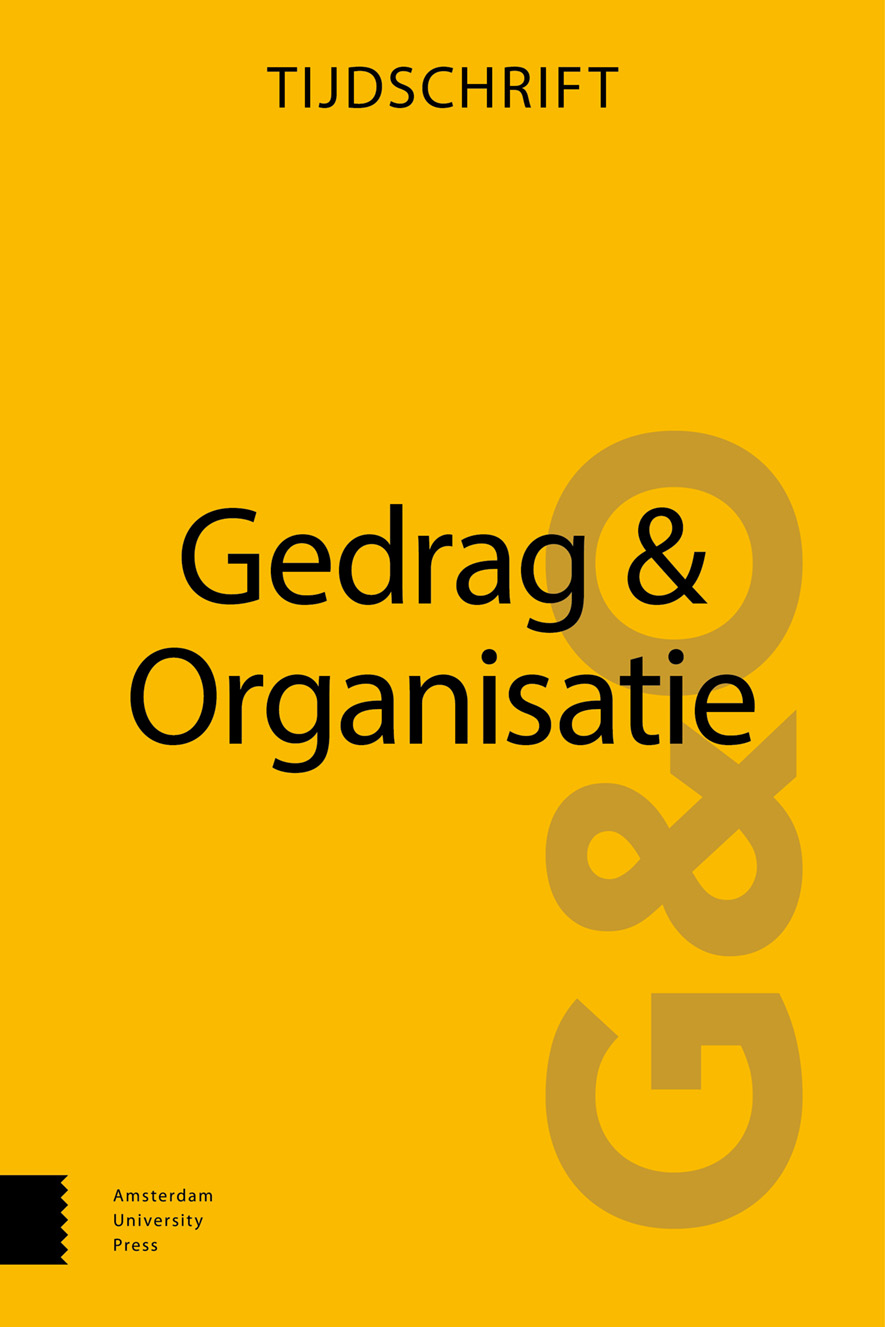-
oa Taakeisen, hulpbronnen en psychische gezondheid: Het Demand-Induced Strain Compensation (DISC)-Model
- Amsterdam University Press
- Source: Gedrag & Organisatie, Volume 17, Issue 1, Mar 2004,
- Previous Article
- Table of Contents
- Next Article
Abstract
Job demands, job resources and mental health: the Demand-Induced Strain Compensation (DISC) Model
J. de Jonge, C. Dormann & N. van Vegchel, Gedrag & Organisatie, volume17, February 2004, nr. 1, pp. 59-79.
In this paper a new theoretical model, the Demand-Induced Strain Compensation (DISC)-Model, is discussed. The DISC-Model tries to explain how and why employees compensate for high job demands in order to diminish or prevent (mental) health complaints. In addition, the model tries to predict constructive reinforcement of behavior patterns ('active learning'), which in turn may lead to work motivation and personal growth. Some assumptions of the DISC-Model were tested in an exploratory way, in two cross-sectional studies consisting of health care workers (n=471 and n=405). In general, results of this exploratory study showed that a particular match between specific job demands and job-related resources has the highest predictive validity with regard to cognitive, behavioral and emotional outcomes (i.e. active learning behavior, physical health problems, and emotional exhaustion respectively). It is concluded that the study provides some further empirical support for the DISC-Model. Practical implications of the findings are discussed.


